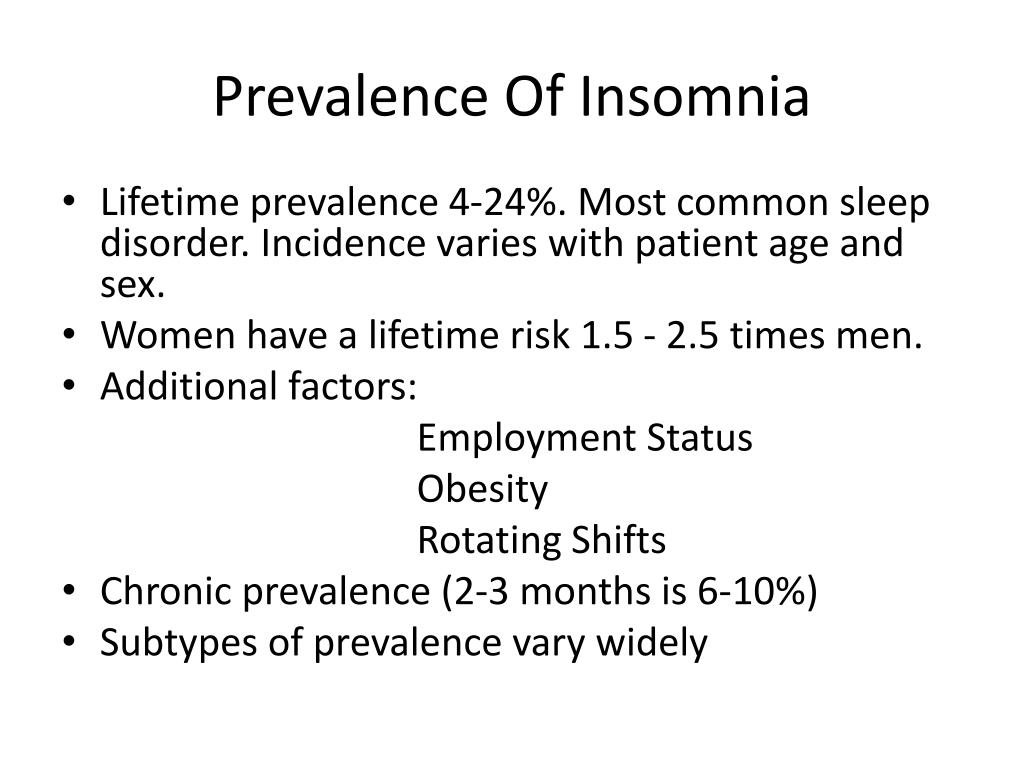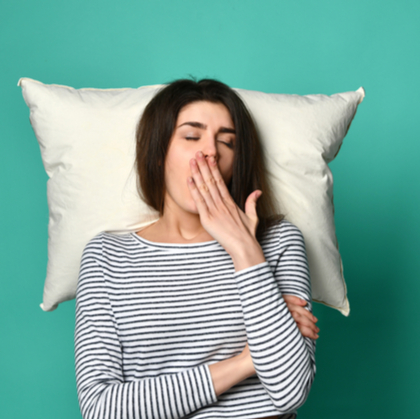

If you can’t sleep because you’re feeling anxious, this lack of sleep can make you tired, irritable and even more anxious the next day.

Unfortunately, the link between anxiety and insomnia can act like a vicious circle. If your anxiety triggers your fight or flight response while you’re in bed, these changes can over-stimulate your body, so that you can find it impossible to drop off to sleep. This heightened sense of anxiety is our body’s way of protecting us in threatening situations and causes physical changes, including an increase in heart rate and the release of adrenaline, which are designed to help us be stronger (fight) or run faster (flight).

This can lead to your anxiety building, and your body’s ‘fight or flight’ response being activated. If you go to bed feeling anxious, whether you’re worried about work, or something in your personal life, lying in bed without any distractions gives your mind the time to go over and over your worries. If this is something you are struggling with, this guide, which contains a number of practical things you can do to manage your anxiety-related insomnia, might help you to get deal with the problem and get a better nights’ sleep. Page medically reviewed by Dr Ian Nnatu (MB BS, PG DIP (CBT), MSc, FRCPsych, MRCPsych) Consultant Adult Psychiatrist at Priory Hospital North London What is Anxiety Insomnia?ĭo you lie awake at night worrying to the point where you find it impossible to sleep? Insomnia, and other serious disturbances of sleep, are well established as a common symptom of anxiety disorders, as people’s worries disrupt their ability to sleep well.


 0 kommentar(er)
0 kommentar(er)
